Behind this success is the modern education ecosystem, where schools play a vital role in nurturing the entrepreneurial spirit from an early age.
Starting from the classroom
After finishing math class, Tel Aviv high school student May Shushan and her friends headed to a mechanical engineering company to discuss plans for building an autonomous lawn mower. This was the second company May and her group had met with in the past month, and they were working on a plan for how to manufacture and market the machine as part of their Tech Entrepreneurship Program.
Technology Start-up is a program designed for high school seniors majoring in technical and vocational subjects with the aim of preparing them to enter the world of high technology and entrepreneurship. The project is brought to high schools by the ORT network, a non-profit educational organization for science and technology, supporting more than 100,000 high school students each year.
Students do not learn theory alone. They are divided into interdisciplinary teams, guided by teachers and industry experts. Together, the team identifies a market need, then conceptualizes, designs, and develops a real-world product. Students experience the full entrepreneurial journey from an initial idea to a final product.
One of the unique aspects of the program is that it does not provide any budget or technical equipment. Instead, students are required to find their own resources, from applying for grants, calling on partners, sourcing used components, to convincing companies to lend them space after hours to produce prototypes.
“When I meet companies in real life, I feel like I am doing something truly meaningful. I feel like an adult with a job and responsibilities, and that feeling is very exciting,” May Shushan shared.
Through this experience, students gradually develop innovative thinking and teamwork, communication and problem-solving skills. Even if they do not pursue entrepreneurship later, they are better equipped to adapt to the future work environment. In addition, the program reshapes the role of the teacher in the classroom.
They are no longer the only “source of knowledge”, but become coaches, guides who help students explore , experience and grow together. Helping teachers move from the role of “teacher” to “mentor” requires a significant investment in training, but this is an important step towards educational reform.
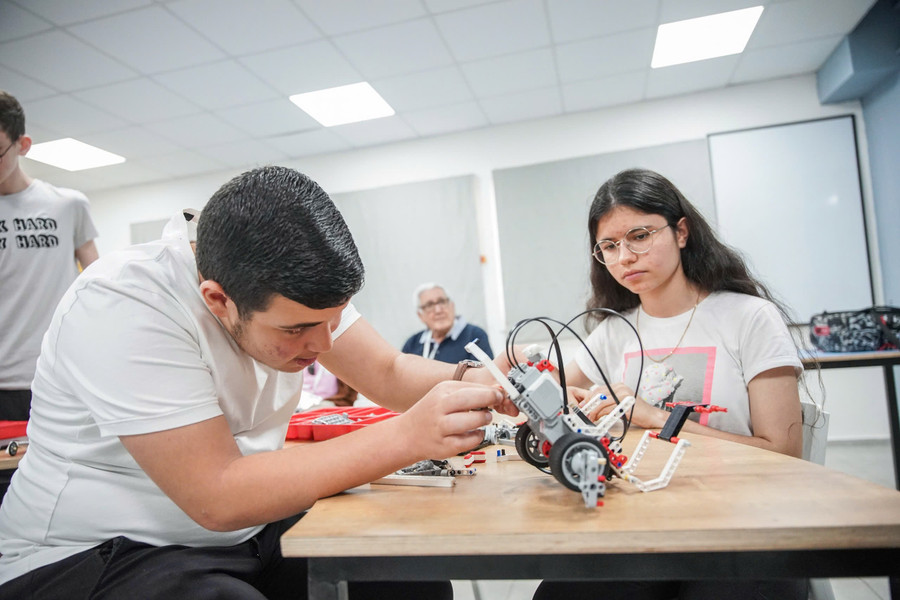
Definition of boldness
In order for students to be able to approach the startup model in their final year of high school, most high schools in Israel have "planted" the idea in them very early. According to Ms. Holly Ransom, a leadership development expert at the Harvard Kennedy School, Harvard University (USA), Israeli parents do not expect their children to become doctors or lawyers, but want their children to be entrepreneurs.
When Israeli children go to school, they are taught the word “chutzpah,” which means daring, daring, daring to do things that are out of the ordinary. And “chutzpah” is everywhere, from class presentations to idea days to the way students can share any idea, no matter how crazy, with teachers.
“This is a truly hands-on learning experience,” says Oren Lamdan, a Science and Technology teacher at Ort Israel High School in Tel Aviv. “We encourage students to take risks, be proactive and innovate.”
Completing high school with a strong entrepreneurial spirit, young Israelis are allowed to practice at university. Ms. Holly commented that universities, industry and the Israeli government are extremely closely linked. Success is not based on the number of academic papers but on the number of patents, commercialized technologies and the number of startups founded in the academic environment.
The difference lies in the mindset. Universities do not just train students to “find jobs,” but also to “create jobs.” This is an important lesson for countries looking to reform higher education. The shift from academic education to an entrepreneurial education model—where academia, technology, and business come together—is the key to driving sustainable growth.
In addition, higher education in Israel is an interdisciplinary model. Students are encouraged to approach many fields simultaneously such as technology, economics, social sciences and management. This intersection opens up a broad vision, helping students develop flexible and comprehensive problem-solving thinking - essential qualities for success in the modern business environment.

Collaboration and open communication
An indispensable element is the culture of collaboration and open communication. In the classroom, students and lecturers not only exchange knowledge, but also debate and build ideas together through lively discussion sessions. This model closely mimics the operating culture of start-up companies - where teamwork and creative thinking are top priorities.
Research and development is an indispensable pillar of higher education in Israel. Universities such as Technion, Hebrew University or Tel Aviv are internationally recognized for their outstanding achievements in science, engineering, biomedicine and artificial intelligence. Here, students not only study, but also participate directly in practical research projects, thereby contributing to the creation of inventions that can be applied to life.
A special feature is the close connection between the school and businesses. Many cooperation programs allow students and researchers to bring ideas from the laboratory to the market, through the support of technology businesses or the school's technology transfer centers. As a result, the gap between theory and practice is significantly shortened.
In addition, the Israeli government also plays an active role by funding key research projects and encouraging innovation initiatives right from schools. This is one of the factors that helps the country maintain a continuous flow of technological inventions and potential startups.
Higher education in Israel is not only geared towards academics, but also towards nurturing the entrepreneurial spirit. Many universities offer entrepreneurship programs where students learn how to build and run a business from scratch. Tel Aviv University and Hebrew University are two of the institutions with the most successful entrepreneurship programs.
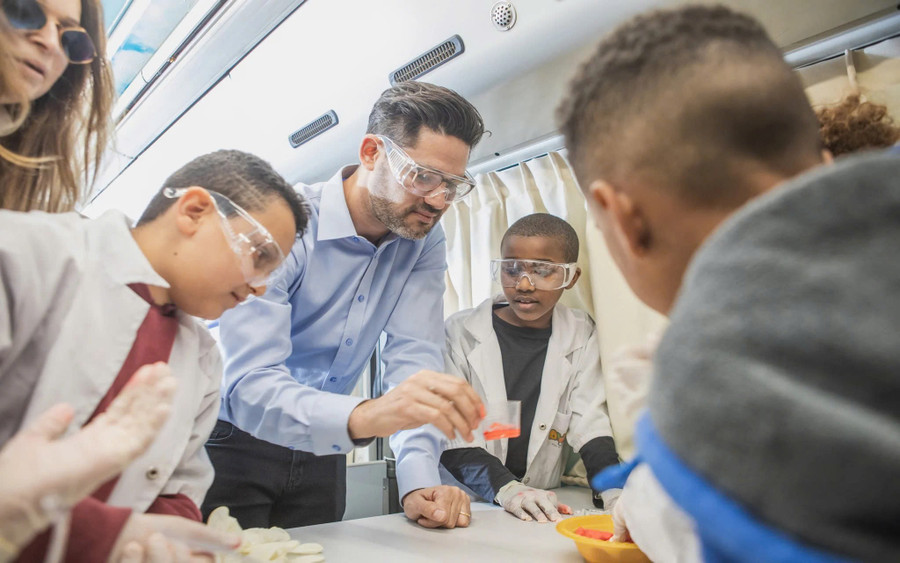
Startup ecosystem
In addition, the “incubator” system and startup accelerator programs at universities play an important role in supporting students to turn their ideas into commercial products. Through seed capital, mentoring opportunities and networking, students can access investors, experts and strategic partners while still in school.
Seminars, forums and conferences are regularly held at schools, exposing students to global thinking and expanding their networks. In an increasingly globalized world, this connectivity is a major competitive advantage for young Israeli entrepreneurs.
The education system cannot be separated from the overall picture of the Israeli startup ecosystem. Universities here act as important links, closely linked with research institutes, technology corporations and government agencies. This cooperation helps ensure that innovations developed in academia have the opportunity to be successfully deployed in economic and social life.
Technology transfer offices at universities act as a link between academic research and industry. They help commercialize inventions, bring products to market, and generate revenue from innovative knowledge.
In addition, Israeli universities are increasingly expanding their international cooperation. Linking with global organizations and businesses not only brings new resources and knowledge, but also creates opportunities for domestic startups to expand into international markets.
At Hebrew University, the Yissum Technology Transfer Center has registered more than 9,300 patents and licensed 800 technologies, generating more than $2 billion in revenue each year. Meanwhile, the Technion Institute of Technology requires students to participate in a mandatory entrepreneurship program and launches more than 100 student-led startups each year, generating more than $30 million in revenue.
Source: https://giaoducthoidai.vn/bai-hoc-khoi-nghiep-tu-israel-post739188.html




![[Photo] The "scars" of Da Nang's mountains and forests after storms and floods](https://vphoto.vietnam.vn/thumb/1200x675/vietnam/resource/IMAGE/2025/11/13/1762996564834_sl8-jpg.webp)


![[Photo] General Secretary To Lam visits Long Thanh International Airport Project](https://vphoto.vietnam.vn/thumb/1200x675/vietnam/resource/IMAGE/2025/11/13/1763008564398_vna-potal-tong-bi-thu-to-lam-tham-du-an-cang-hang-khong-quoc-te-long-thanh-8404600-1261-jpg.webp)
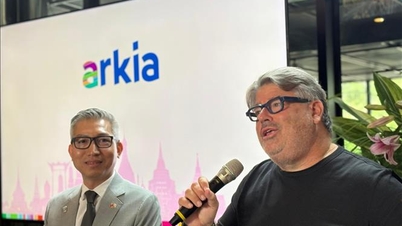








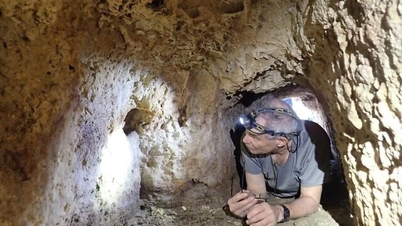







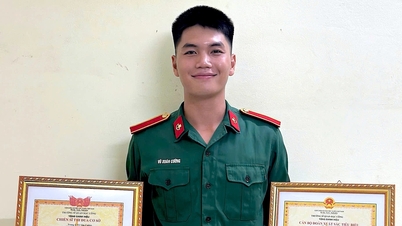

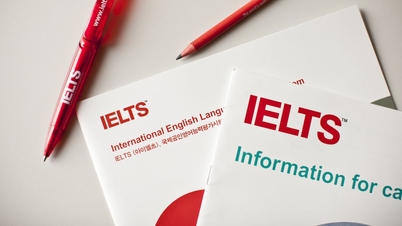





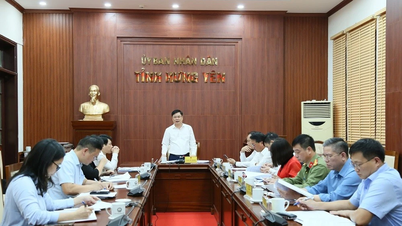
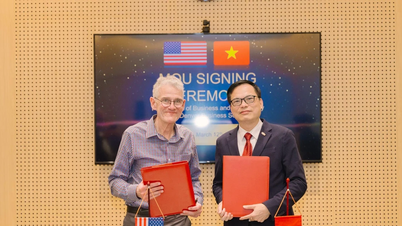

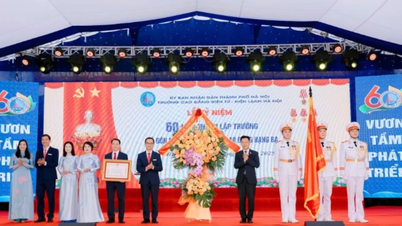
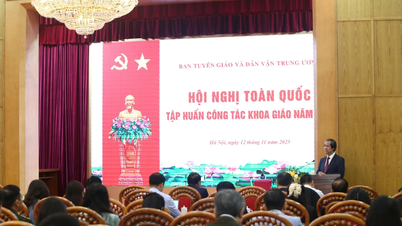








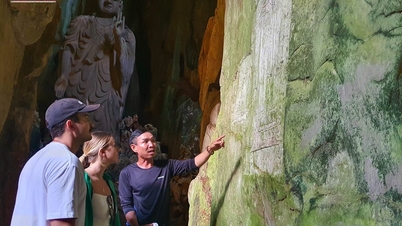
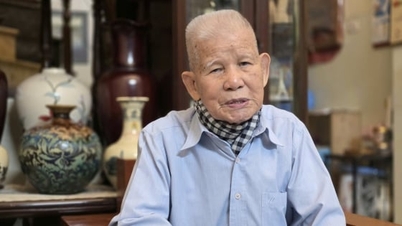



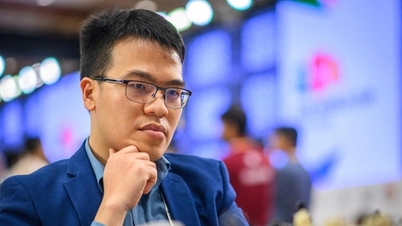


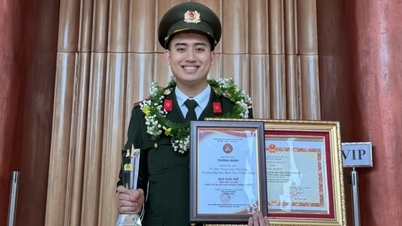
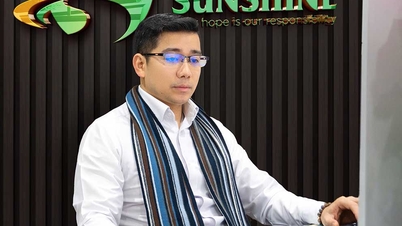
























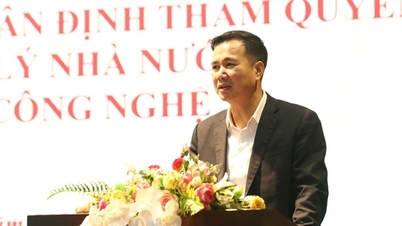

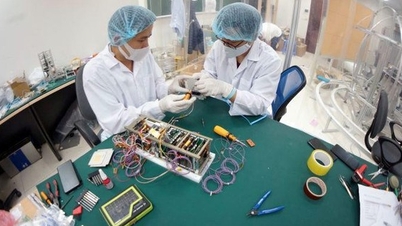








![[Infographic] Main development goals and targets for the 5-year period 2026-2030](https://vphoto.vietnam.vn/thumb/402x226/vietnam/resource/IMAGE/2025/11/13/1763013984385_cdn-nhandan-vn-images-22f099ca8bc7ae81aa2a8d3416a84bf8267bcc4f3a0ec01ee7b087ca4f1e19412ad321b4a75a62c5b1a9229f3bdfa20548b9382a8c3d1e37736b78a1be2bbad7-_1763006939481-1.jpeg)





![Dong Nai OCOP transition: [Article 3] Linking tourism with OCOP product consumption](https://vphoto.vietnam.vn/thumb/402x226/vietnam/resource/IMAGE/2025/11/10/1762739199309_1324-2740-7_n-162543_981.jpeg)







Comment (0)